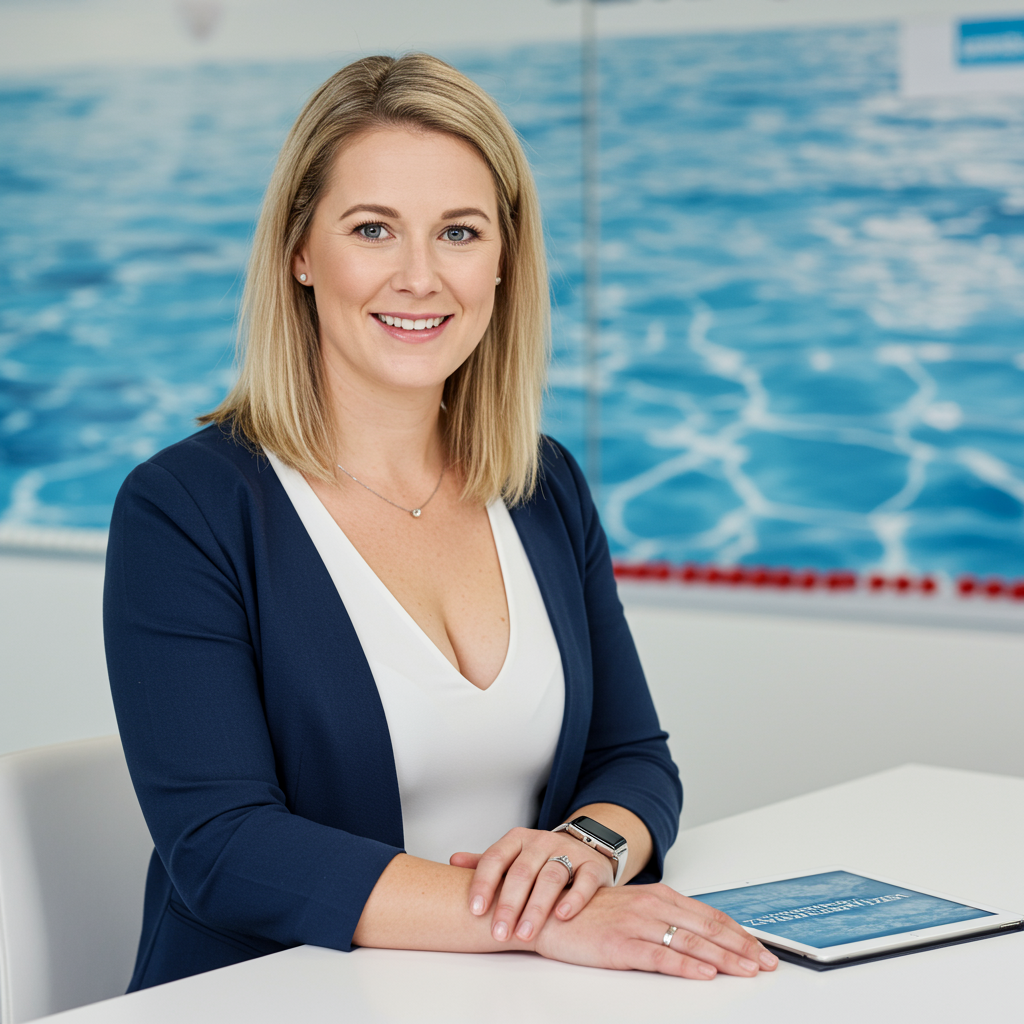Are you looking for the perfect swimming lesson method for your child? The choice is vast, and the differences can sometimes be difficult to understand. Swimming ABC, Superspetters, EasySwim… where do you start? This article will help you make the right choice, so your child learns to swim with pleasure and confidence.
Why swimming lessons are important
Before we dive into the different methods, it's good to consider the importance of swimming lessons. The Netherlands is a water-rich country, and safety comes first. A swimming certificate significantly increases your child's safety. In addition, swimming is a fun and healthy activity that your child can enjoy for a lifetime.
The most popular swimming lesson methods in the Netherlands
Several swimming lesson methods are popular in the Netherlands. We discuss the most common ones here:
- Zwem-ABC (Swimming ABC): This is the most traditional and well-known method. Children learn basic swimming skills step-by-step, resulting in the A, B, and C certificates. The focus is on technique and endurance.
- Superspetters (from the Royal Dutch Swimming Federation - KNZB): This method was developed by the Royal Dutch Swimming Federation (KNZB). It is a playful and challenging way of teaching swimming, where children learn swimming techniques in a fun way. The emphasis is on enjoyment in the water and developing self-confidence.
- EasySwim: With EasySwim, your child wears a special buoyancy suit. This provides extra buoyancy, helping children feel free and safe in the water faster. The focus is on teaching the correct swimming technique and overcoming fear.
Zwem-ABC: The classic approach
The Zwem-ABC is known for its structured approach. Children learn the various swimming strokes step by step, such as breaststroke, backstroke, front crawl, and back crawl. Much attention is paid to technique and endurance. Obtaining the A, B, and C certificates is an important milestone.
Advantages:
- Structured approach
- Clear learning objectives
- Nationally recognised certificate
Disadvantages:
- Can be perceived as less playful
- Focus on technique can sometimes be at the expense of fun
Superspetters: Fun first
Superspetters is a relatively new method that emphasises fun and learning through play. Children are challenged to perform various tasks in the water, allowing them to learn swimming techniques in an enjoyable way. The method is flexible and adapted to the child's level.
Advantages:
- Playful and challenging approach
- Much attention to fun
- Promotes self-confidence
Disadvantages:
- Potentially less structured than the Zwem-ABC
- Not available everywhere
EasySwim: Confidence through buoyancy
EasySwim uses a special buoyancy suit that gives children extra buoyancy. This makes them feel safer and freer in the water more quickly. As a result, they can concentrate better on learning the swimming technique. EasySwim is particularly suitable for children who have a fear of water.
Advantages:
- Increases self-confidence in the water
- Helps overcome fear
- Faster learning curve possible
Disadvantages:
- Dependent on the buoyancy suit
- Transition to swimming without the suit can be difficult
Which method suits your child?
The best swimming lesson method depends on your child's personality and learning ability. Consider the following questions:
- What is my child's personality? Are they adventurous, cautious, or fearful?
- What is my child's learning style? Do they learn best by doing, watching, or listening?
- What are the main goals I want to achieve with swimming lessons? Is it safety, technique, or fun?
Discuss your wishes and expectations with the swimming school. They can advise you on the best method for your child. Some swimming schools offer trial lessons so your child can try out the different methods.
Extra tips for a successful swimming lesson period
- Start at a young age: The sooner your child starts swimming lessons, the sooner they will feel comfortable in the water.
- Make it fun: Ensure swimming lessons are a positive experience for your child. Swim together, play games in the water, and encourage your child.
- Be patient: Learning to swim takes time and effort. Be patient and give your child space to learn.
- Communicate with the swimming instructor: Stay in touch with the swimming instructor and discuss your child's progress.
Conclusion
Choosing the right swimming lesson method is an important decision. Take the time to inform yourself and consider your child's needs. With the right method and guidance, your child can learn to swim with pleasure and confidence and enjoy the water for a lifetime.
